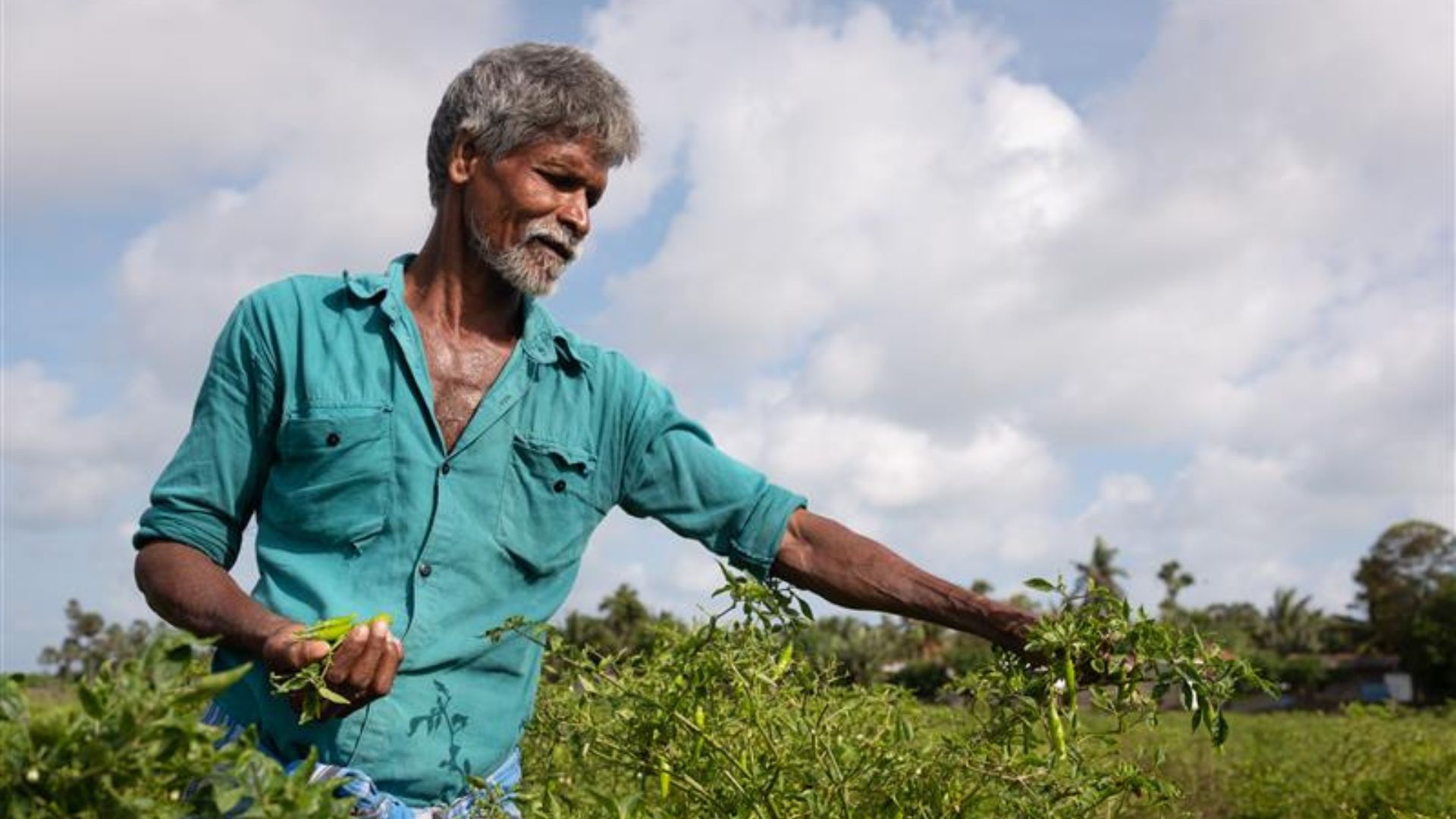COP, the UN’s decision-making body on climate change, is not just a talking shop. It has delivered real progress, including the first legally-binding targets to reduce greenhouse gas emissions and systems for holding nations to account.
Even if richer countries act only in their own self-interest, it still benefits everyone. Reducing emissions slows the ravages of climate change globally. But morally, we must go much further. Those of us with the largest carbon footprints and the broadest shoulders have a responsibility to lead, pay and act.
My question this week is this: does climate change need to affect us personally before we care enough to act? Why can’t we recognise that it is killing people right now and do something about it?
Families in southern Bangladesh watch their farmland disappear beneath rising seas. Communities in sub-Saharan Africa endure relentless droughts. Climate change is contributing to the spread of neglected tropical diseases such as leprosy; disabling diseases that should no longer exist in the 21st Century.
I recently heard how women from a remote island off northern Sri Lanka, once declared free of leprosy, had just been diagnosed with the disease. This was after returning home from working in Colombo’s garment factories. They had no choice but to migrate to the capital after the collapse of local fishing livelihoods. Weakened monsoon winds had led to a decline in plankton and fish stocks. It seems likely that climate migration has reintroduced leprosy to Vellanai Island.
We must also consider the spread of neglected tropical diseases in the aftermath of climate-exacerbated disasters. Homes and livelihoods are increasingly destroyed by cyclones and floods. Medical care is already scarce, and when sheer survival becomes the only goal, the conditions for diseases like leprosy to thrive are ripe.
Advertising helps fund Big Issue’s mission to end poverty
The injustice is stark. The world’s poorest communities, those who have contributed the least to climate change, are suffering the most. Many nations cannot even afford the travel costs to attend COP30. Meanwhile one of the world’s most powerful leaders has the audacity to dismiss climate science as a “con job”. It is both a tragedy and a moral failure.
In my role at The Leprosy Mission, I have seen both the suffering and the strength of frontline communities. In northern Sri Lanka and Mozambique, our local partners are teaching climate smart agriculture, composting, planting native crops and restoring soil health. These are simple, sustainable and low-cost solutions that work. They just need to be rolled out on a much larger scale.
With modest investment and shared knowledge, real change is possible. Yet the communities where we work are too often excluded from global climate strategies and disaster planning. Without the compassion and generosity of supporters here in the UK, many of these people would be far hungrier and malnourished today.
As COP30 begins today (10 November), my hope is that world leaders will truly hear the voices of the people we serve when they discuss the future of our planet. I mean really hear them, and let those voices from the frontline guide their decisions.
Climate justice cannot wait. The world’s poorest people are already paying the price for our delay. Together we can choose climate justice and protect our shared home. A home that can still hold so much beauty if only we act in time.
Peter Waddup is chief executive of The Leprosy Mission.
Advertising helps fund Big Issue’s mission to end poverty
Do you have a story to tell or opinions to share about this? Get in touch and tell us more.
Change a vendor’s life this Christmas.
Buy from your local Big Issue vendor every week – or support online with a vendor support kit or a subscription – and help people work their way out of poverty with dignity.









